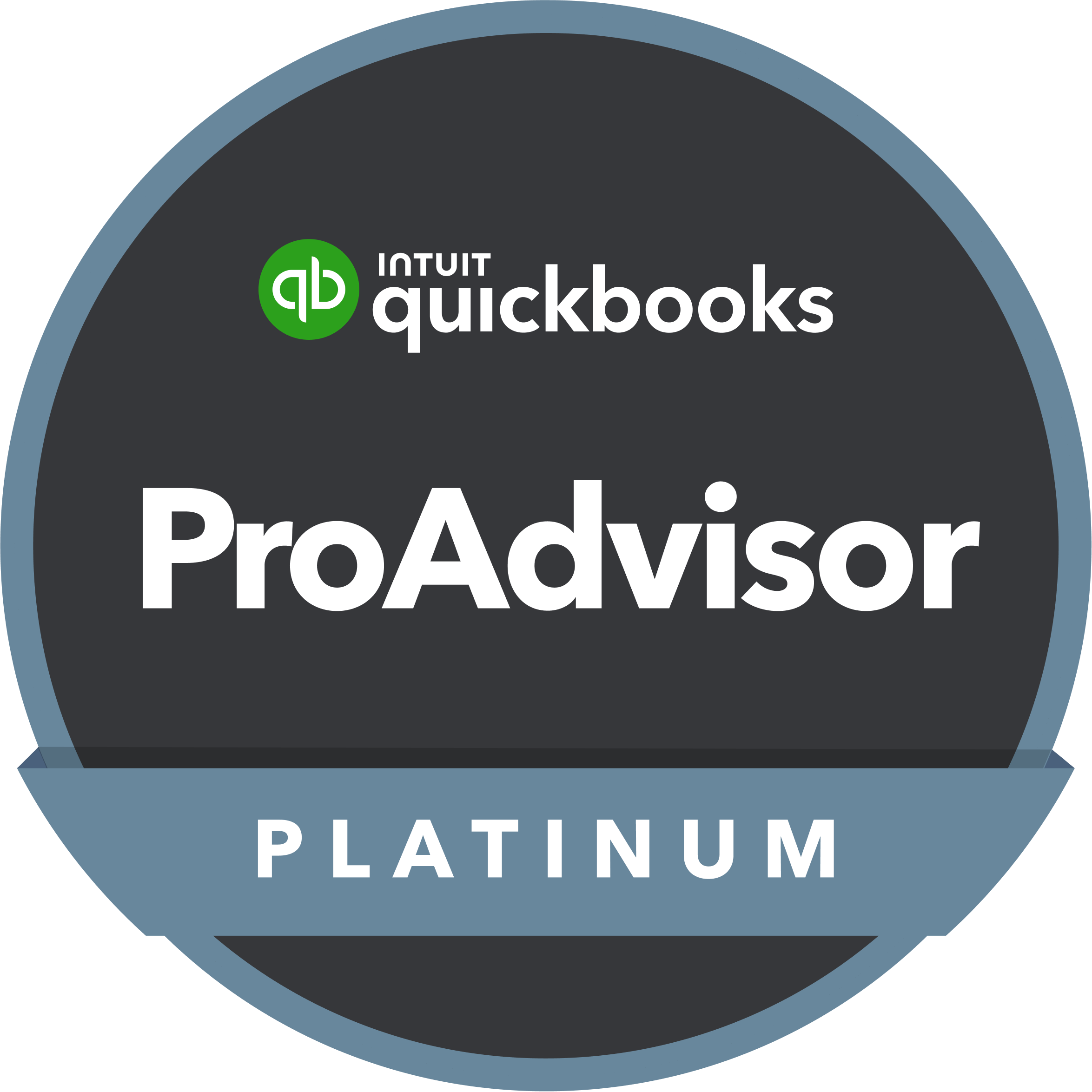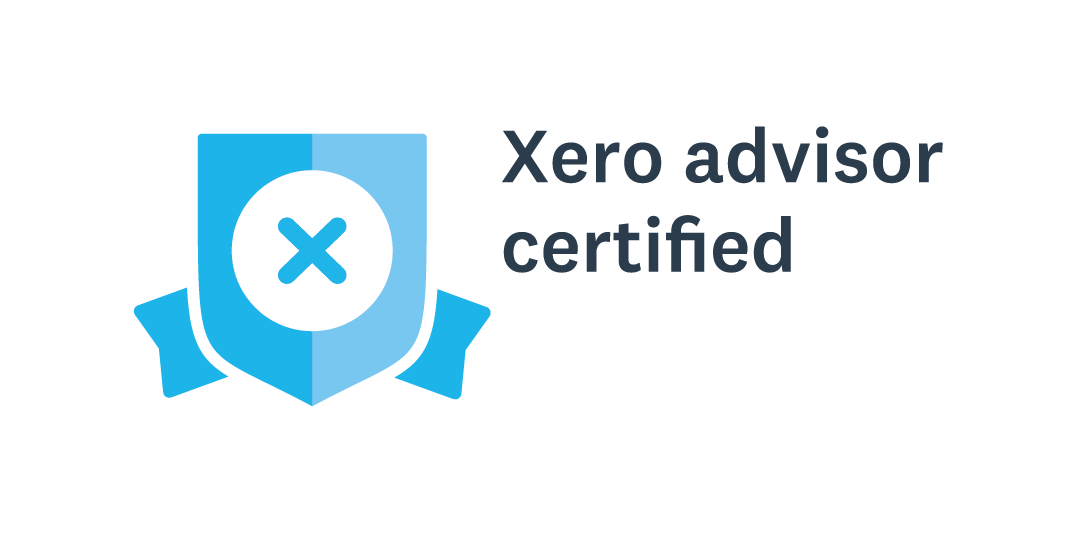As a sole trader you’re pretty sure you’re doing everything right tax-wise: you’re keeping track of all of your earnings and expenses and you’re maybe even putting a little money aside each month to cover your annual tax bill. So you’re not feeling too nervous when your inbox pings to tell you your tax bill is ready and waiting.
Then you open it…and nearly pass out!
Because it’s a lot. It’s way higher than you expected and despite setting aside funds to cover it, you realise that your savings are coming up short.
Sound familiar? If you thought that you were the only one having palpitations at your tax bill, rest assured that it’s not just you. So many sole traders get caught out each January — for two reasons.
1. National Insurance Contributions
One of the things that tend to catch business owners out is National Insurance Contributions (NICs).
When the annual budget is announced there’s always a tonne of publicity about income tax thresholds…but very little is ever said about National Insurance Contributions. Which is one of the reasons why so many sole traders either forget about it, or don’t realise that they have to pay it.
The thing to note about NICs is that not only is there a flat fee of about £150 to pay, the threshold is lower than that for income tax and your profits for the year will determine whether you pay Class 2 or Class 4 rates.
Depending on your profit margins, your NICs can work out to be quite a large chunk of change, particularly if you’re not expecting it and haven’t budgeted for it.
And the second thing that often catches people out is Payments on Account.
2. Payments on Account
While the tax year finishes at the beginning of April, you don’t actually have to fill out your tax return or pay any money until the following January — by which point you’re pretty much 75% through the next tax year.
As such, the way the system is set up, if you owe £1000 or more when your payment is due, you have to pay an additional 50% as a contribution towards your next tax bill. You’ll then have another bill to pay in July and you’ll pay the remaining balance the following January.
Which means, if you’re not expecting that extra 50%, your tax bill will come as a bit of a shock!
So, whether you’re regularly setting aside some cash to cover your tax bill, or you’ve been putting it off, as a rough figure I’d recommend saving around 30% of your income each month to be sure you can handle whatever figure the HMRC throws at you come January.
And if you need help with any aspect of your self-assessment as a sole trader, I’d love to help. Schedule a free consultation to find out how I can support you.




